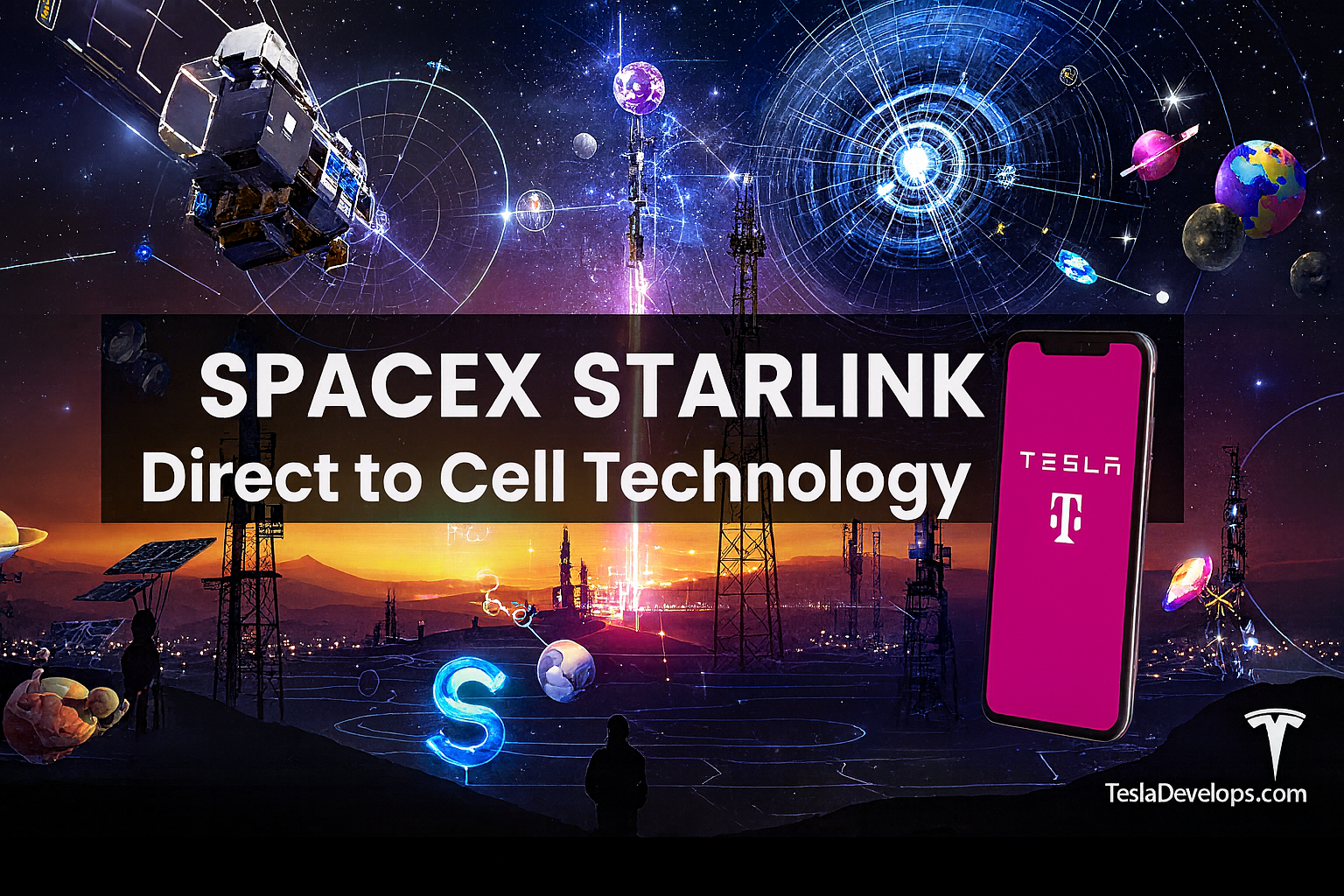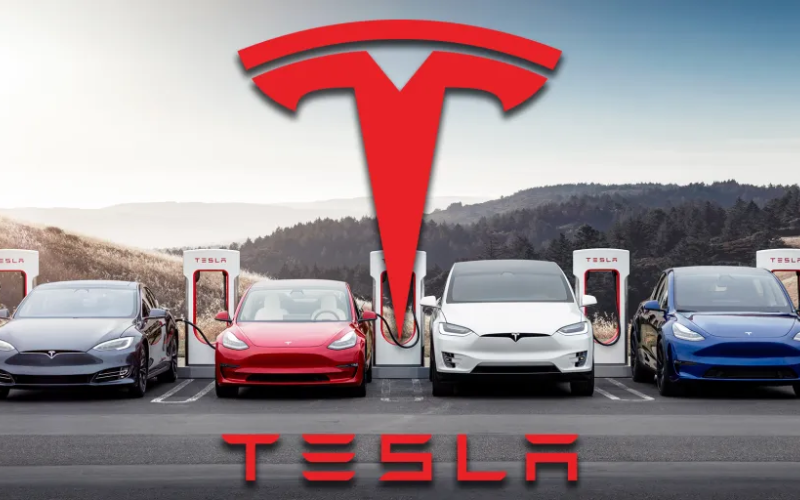Tesla, founded by Elon Musk, has undeniably revolutionized the automotive industry, particularly with its emphasis on electric vehicles (EVs). This article delves into the profound impact Tesla has had on electric vehicle infrastructure, exploring its pioneering role, challenges faced, technological advancements, and broader implications.
Introduction
In recent years, the automotive landscape has undergone a transformative shift, largely credited to Tesla’s disruptive innovations. Electric vehicles are no longer a futuristic concept but a present reality. As we witness this paradigm shift, it is essential to recognize Tesla’s significant role in shaping the landscape of electric vehicle infrastructure.
Tesla’s Pioneering Role
Tesla can be credited for bringing electric vehicles into the mainstream. The introduction of the Tesla Roadster marked the beginning of a new era, challenging preconceived notions about the capabilities and appeal of electric cars. Musk’s vision for sustainable transportation and commitment to cutting-edge technology played a pivotal role in propelling Tesla to the forefront of the industry.
Challenges in Electric Vehicle Infrastructure
Despite the rapid growth of electric vehicles, challenges in infrastructure development persist. Range anxiety, charging station availability, and standardization are hurdles that need to be addressed for widespread EV adoption. Tesla, however, has been proactive in finding solutions to these challenges, driving the industry forward.
Supercharger Network
One of Tesla’s standout contributions is the Supercharger network—an extensive charging infrastructure designed to facilitate long-distance travel for Tesla owners. With strategically located Supercharger stations, Tesla has managed to alleviate range anxiety and promote the practicality of electric vehicles.
Collaboration with Other Manufacturers
Tesla’s willingness to collaborate with other automakers showcases a commitment to advancing electric vehicle infrastructure collectively. Such collaborations have the potential to accelerate the development of a comprehensive charging network, benefiting EV owners regardless of the brand.
Battery Technology Advancements
Tesla’s continuous advancements in battery technology have a direct impact on the efficiency and sustainability of electric vehicle infrastructure. Breakthroughs in battery design and production contribute to increased range, faster charging times, and overall improvements in EV performance.
Government Policies and Support
Tesla’s success has influenced government policies supporting electric vehicle adoption. Incentives, subsidies, and regulations promoting EV infrastructure development often draw inspiration from Tesla’s model, fostering a conducive environment for sustainable transportation.
Global Impact
The impact of Tesla’s electric vehicles and infrastructure initiatives extends globally. Case studies from different regions highlight how Tesla’s presence has catalyzed the growth of electric vehicle infrastructure and influenced other market players.
Consumer Adoption and Perception
As Tesla continues to dominate the electric vehicle market, consumer perceptions of EVs have shifted positively. The brand’s success has played a role in normalizing electric vehicles, contributing to a growing trend of consumers opting for sustainable transportation options.
Environmental Impact
Tesla’s commitment to environmental sustainability is evident in its mission to reduce carbon emissions through widespread EV adoption. The positive environmental impact of electric vehicles extends beyond individual ownership, contributing to a cleaner and greener future.
Technological Innovations Beyond Vehicles
Tesla’s influence goes beyond automobiles. The company’s foray into smart city initiatives and interconnected infrastructure showcases the broader technological implications of its innovations. Tesla’s advancements contribute to the development of smart, sustainable cities.
Future Prospects and Innovations
Looking ahead, the future of electric vehicle infrastructure appears promising. Predictions for advancements in battery technology, charging infrastructure, and collaborative efforts among industry players signal a positive trajectory for the continued growth of the electric vehicle ecosystem.
Economic Implications
Widespread adoption of electric vehicles has economic benefits, including job creation and industry growth. Tesla’s success contributes to the expansion of the electric vehicle sector, fostering economic development and innovation.
Community Engagement and Education
Tesla actively engages with communities and prioritizes education initiatives. Efforts to raise awareness about the benefits of electric vehicles and sustainable transportation contribute to a more informed and supportive public.
Conclusion
Tesla’s impact on electric vehicle infrastructure is profound and far-reaching. From pioneering the mainstream adoption of electric vehicles to addressing infrastructure challenges and driving technological innovations, Tesla has played a pivotal role in shaping the future of transportation. As the industry continues to evolve, Tesla’s legacy in electric vehicle infrastructure remains an enduring one.


